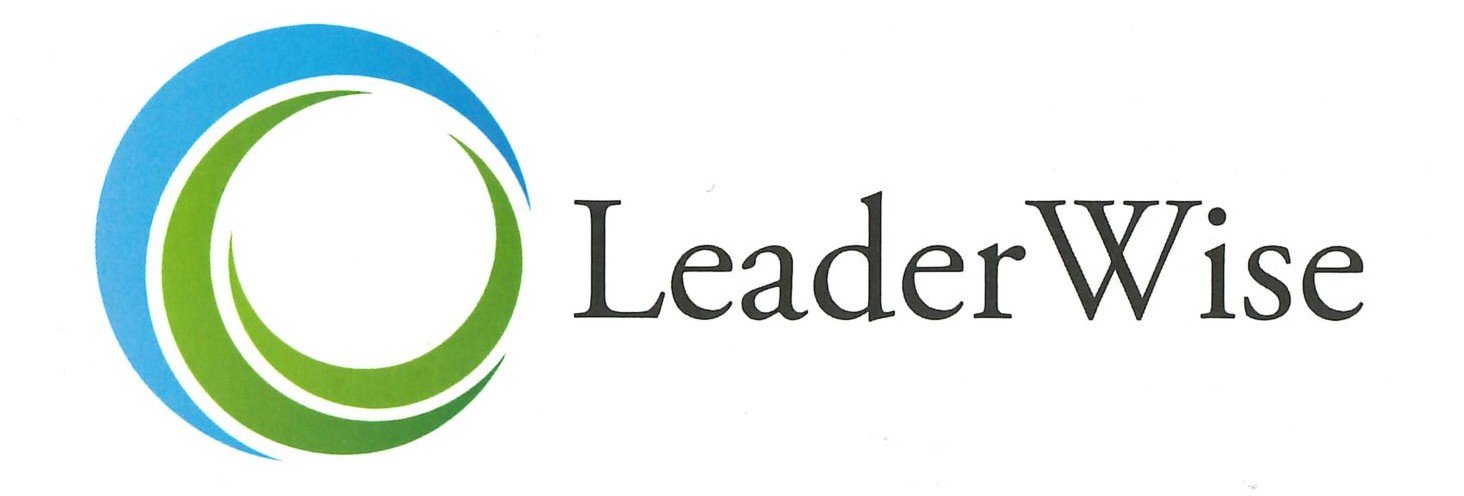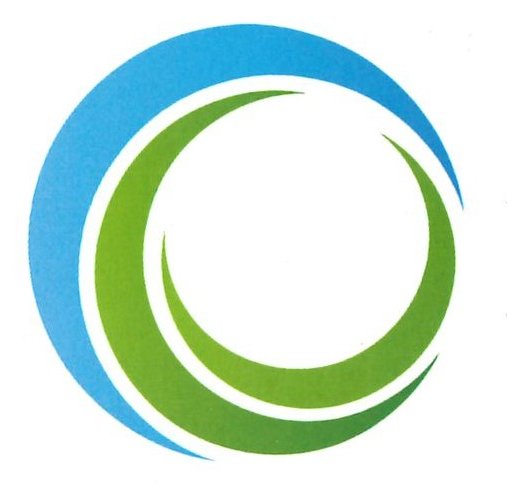On Hope
It’s the week after Thanksgiving. My Thanksgiving this year was low key, in terms of over-indulgence of all things food, people, and shopping. Maybe yours was too, or maybe you’re experiencing a sort-of Thanksgiving food, people, or shopping hangover. What I hope doesn’t feel like an over-indulgence is a sense of gratitude–is there ever too much gratitude around the Thanksgiving table? (I often wonder why we don’t practice gratitude in a public way regularly, rather than save it for Thanksgiving, and, in fact, a few of my family members and I had that conversation this past weekend.)
And now this week, those readers of this newsletter who identify as Christian turn their attention to Advent, a time of waiting for the birth of a savior, for deliverance. Hope is the theme of the first week of Advent, and it’s expressed in the expectation of some future that will make a positive difference for the world. Scripture paints a picture of a future that is good and positive, and calls us to “wake up” to that possibility—to act as if it’s already here. Hope is the “here and not yet” of theology that keeps us putting one foot in front of the other, in effect creating that vision of salvation. It’s appropriate that we move from the gratitude of Thanksgiving to a sense of hope during this particular week of the year, because it turns out that, according to the research, gratitude predicts hope.(1)
While many world religions also rely on hope as a foundational construct of their faith, hope isn’t just a religious commitment but also a psychological one. Like gratitude, hope is a dispositional trait (“I am a hopeful person”), and a situational state (“I am filled with hope today”). The research mentioned above provides evidence that people with a general disposition of gratitude predicts that they will also have a general disposition of hope—they will be more hopeful people. Secondly, those people in the study who practiced gratitude through “grateful remembering writing” (remembering a past hope fulfilled) experienced greater feelings of hope in the moment. I think this second point is important. If I’m not a very grateful (or hopeful) person, I can still practice and experience situational gratitude/hope (gratitude or hope in the moment). When I do this, it positively affects my disposition in life.
There is a lot of positive psychology research happening today for both gratitude and hope, and, certainly, the jury is still out on some of it. That said, the sufficiency of evidence that gratitude begets hope behooves us all to sit up and take notice. In such noticing, we at LeaderWise wonder: What role does hope play (or not) in your life? How do you think about the construct of hope?
LeaderWise is currently doing some research on hope in preparation for a book my colleague Mark Sundby and I are writing. Would you take 5-10 minutes to take this survey on the topic of hope?
We are also conducting focus groups in January on the topic. Would you be interested in wondering about hope with others? Please sign up here if you’d be willing to participate.
May the hope that drives you produce blessing upon blessing for you and yours.
(1) vanOyen-Witvliet, Charlotte; Richie, Fallon J.; Root Luna, Lindsey M.; and Van Tongeren, Daryl R., "Gratitude Predicts Hope and Happiness: A Two-study Assessment of Traits and States" (2018). Faculty Publications. Paper 1464. https://digitalcommons.hope.edu/faculty_publications/1464. Published in: The Journal of Positive Psychology, January 15, 2018. Copyright © 2018 Taylor & Francis.

